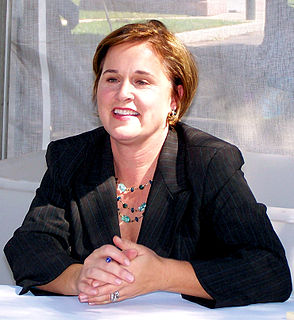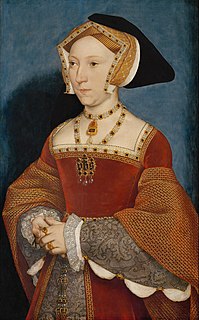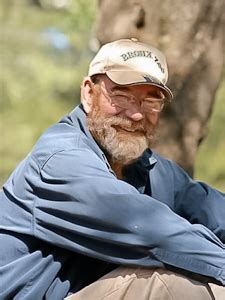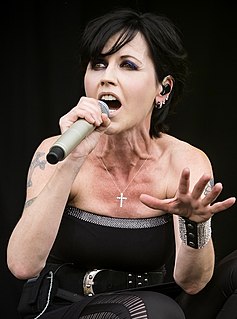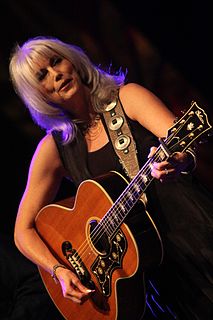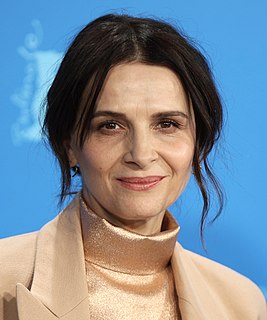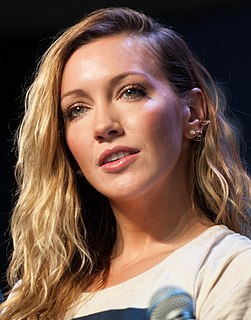A Quote by Dorothy Bush Koch
What Dad's taught me is that life doesn't end when you get to be in your 70s and your 80s, and he has a philosophy of life that just - 'What more can I do? How can I help?'
Related Quotes
From a very young age, my parents taught me the most important lesson of my whole life: They taught me how to listen. They taught me how to listen to everybody before I made up my own mind. When you listen, you learn. You absorb like a sponge - and your life becomes so much better than when you are just trying to be listened to all the time.
When I was growing up, my mother, who had been through a lot of terrible things in life, taught me that when life is tough your instinct is to close your heart. But if you can accept what happened and reach out to someone, there will always be someone less fortunate, or someone that can bring a solution and help your life.
And that's how things are. A day is like a whole life. You start out doing one thing, but end up doing something else, plan to run an errand, but never get there. . . . And at the end of your life, your whole existence has the same haphazard quality, too. Your whole life has the same shape as a single day.
You have to be very cautious about what you are doing for charity and things like that. I think you have to start with your life. I think that's what life is expecting you to do. In your family, in your surroundings, in your work life, in the people you're with, your relationships; how you behave and doing what you need to accomplish. That for me is being a hero every day of your life.
